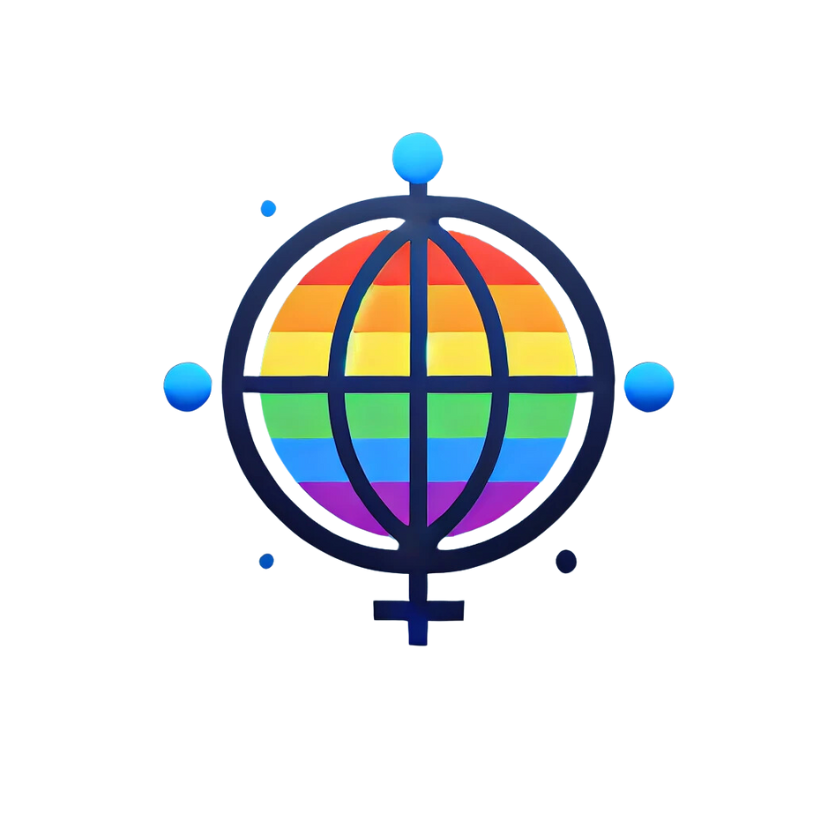Alan Turing : World War II British War Hero Who Was Castrated For Being Gay
Alan Turing (Born June 1912 – Died June 1954) may not be the most well-known World War II war hero, but his major contributions to helping Britain and their allies win the war are well documented. It is estimated that he may have saved 14 million lives. He not only helped interpret and decode the incoming messages from Germany, he also developed the framework for modern day computing, and shaped the concept of what we know today as Artificial Intelligence (AI).
I recently visited the British Embassy in DC for a screening of a documentary about his life, called Codebreaker, and Alan Turing’s contributions. The documentary takes you through his younger years growing up in Maide Vale, London to the pain and emotional and physical suffering he endured after being sentenced to “chemical castration” for being a homosexual during a time when it was illegal. The most striking thing about the film to me was his unabashed love for men, and the ultimate price he paid for being so true to himself. He was a man who was very sure of his love of other men, and was very secure with himself even though most of British society viewed him as an “indecent” man.
One of the producers of the film, Patrick Sammon, stated very profoundly that “Although there is a loss to society [because of his death], we cannot lose sight of his humanity, he was a person who left behind friends and family who had a hole in their hearts until the day they died.”
It wasn’t until 2013 that Queen Elizabeth II signed a pardon for Turing, and in September 2016 the government announced its intention to expand this pardon to all other men who were convicted of the same, which is now referred to as the Alan Turing law.
Infographic: Brief History of Alan Turing

